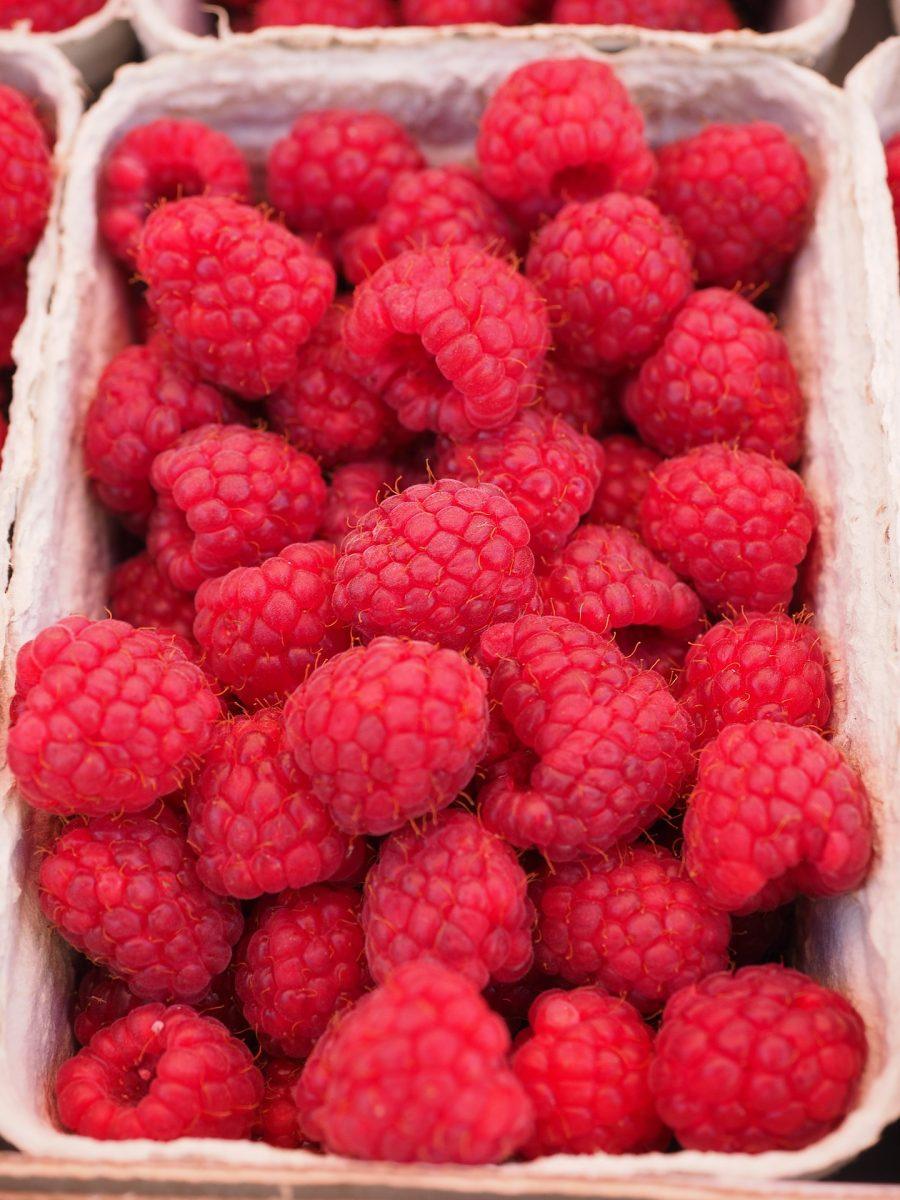I’d like to say I eat pretty clean. My fruits and vegetables are washed before I eat them. If I spill my drink, I’m totally okay with grabbing a few napkins and wiping it up. I scrape my plate and stack it with the others in the dining hall. I even compost the food scraps. That’s clean, right? Apparently not.
“Eating clean” is one of the latest dietary fads, and it seems to be everywhere. Even Buzzfeed created a two- week “clean eating” detox plan, which features lean protein instead of red meat, but is neither vegetarian nor vegan. There’s a Pinterest board, a Clean Eating magazine, and blog after blog related to the subject. The Internet is rife with “10 foods to never touch if you want to eat clean”-style articles.
However, what it really means to “eat clean’” is still up for debate. To most people, it seems to mean some amalgam of unrefined, maybe organic, maybe vegetarian, maybe vegan, maybe low-fat, maybe low-carb, maybe Paleo dieting. Unsurprisingly, these semi-rules can be confusing for anyone, especially for someone trying to navigate a crowded dining hall during the lunch rush.
Most versions of clean eating encourage eating unprocessed and unrefined foods — as in, if it comes with a label, don’t go overboard. Refined sugar is often singled out as a villain in clean eating directives, although the goal doesn’t seem to be to replace the three packets of Domino Sugar in your coffee with three packets of Sugar in the Raw. Searching for some clear guidelines for clean eating, I turned to the official “Eating Clean for Dummies” webpage. There, I was informed that clean eating also includes trying to eat five or six small meals a day, cooking one’s own food and combining protein with carbohydrates.
The Buzzfeed challenge billed itself as a post-holiday “detox plan that’s actually realistic.” Realistic or not, though, it failed to sell me on the concept. First off, let’s forget the detox component. At the end of the day, humans have a liver for that exact purpose, and anyone who tries to convince you to do a cleanse is probably trying to sell you something. That’s not to say that I’m against eating whole foods, organic food, or fruits and vegetables. In fact, at places like Wellesley where we have abundant access to fresh produce, whole grains and lean protein, I’m all for it.
My issue with ‘clean eating’ is primarily linguistic. If I’m not eating clean, am I eating dirty? Concepts of “clean” versus “dirty” have moralizing connotations that don’t need to be attached to food, especially in a society that’s already more diet-obsessed than it ever needed to be. Calling someone’s food “clean” when it’s unrefined, organic, fair-trade or anything else also has serious class connotations. Access to minimally processed food is a luxury, and by putting down foods that don’t meet those standards, one puts down an entire group of people who don’t have the means to eat otherwise.
In addition to the blatant issues of class access, adding moral overtones to food by labeling it “clean” builds into a culture of body-shaming and food-shaming. One is not “virtuous” when she chooses a salad over french fries. One is not “being good” by skipping the cake. Foods are not “clean” or “pure” based on their macronutrients. People who eat fried food, sugary food or anything else are not “dirty.” The ties between morality and food are deep, and there’s no undoing them in a day. But refusing to buy into that rhetoric as an individual is a strong first step into healing our collective food issues.
As a vegan for both health and environmental reasons, I absolutely believe that there is an ethical side to the food we choose to consume. What food we spend our money on, when we have the economic and physical luxury of choice, is a political decision. Ethical veganism is about choosing not to harm other beings when we have the power to avoid it. But it is not about preaching that our food is ‘cleaner’ than anyone else’s. Eating a head of unrefined, organic, fair-trade, free-range, died-of-natural-causes lettuce does not make you a better moral being. As for being clean, this author recommends regular showers.
Photo Courtesy of Creative Commons.




